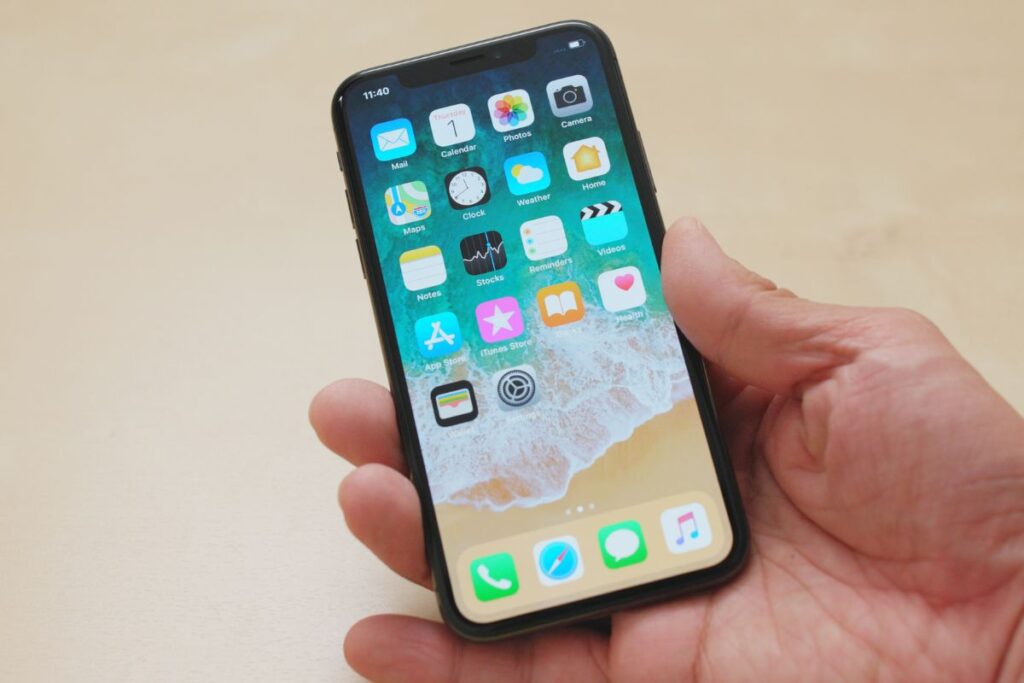Device fingerprinting represents a significant technological approach used by app developers. It collects various data points from a user’s device — such as system settings and hardware components — to craft a unique identifier. This identifier can be utilized to target users with personalized ads, enhancing the relevance and effectiveness of marketing efforts. The precision of this method allows for a highly tailored user experience but raises considerable privacy concerns.
Apple’s stance on privacy
In an effort to champion user privacy, Apple has set stringent guidelines against device fingerprinting among iOS developers. The company requires developers to justify any use of certain application programming interfaces (APIs) linked with fingerprinting capabilities. From May 2024 onward, developers must include their reasons for API use within their app’s privacy manifest file; failure to do so results in exclusion from the iOS App Store.
Violation by major tech companies
Notable technology firms, including Google, Meta, and Spotify, have reportedly not adhered to Apple’s established rules. Investigations suggest that these corporations are utilizing APIs capable of device fingerprinting without retaining all collected data on user devices or providing valid justifications for their data collection methods. This practice goes directly against Apple’s directives meant to safeguard user information by keeping it confined to individual devices unless consent is explicitly granted for broader usage.
Challenges in enforcement and compliance
Despite Apple’s clear regulations, there seems to be a gap in the enforcement of these rules. The data collection actions taken by large tech entities indicate a possible oversight or lack of stringent checks from Apple’s end. Security researchers Talal Haj Bakry and Tommy Mysk articulated concerns over this issue, pointing out the routine exploitation of privacy loopholes. This scenario suggests potential weaknesses in what might otherwise seem like robust privacy protections offered by platform providers.
The debate over API transparency
There exists an ongoing debate about whether APIs labeled for specific functionalities are being exploited for ulterior purposes. For example, Google reportedly uses system uptime data — ironically, to track the amount of time between events within their apps. This type of data utilization strays from user expectations and Apple’s privacy framework aimed at preventing off-device data transmission without explicit user consent.
Implications for user trust
The alleged non-compliance by leading tech firms can have far-reaching impacts on user trust. Users who rely on these platforms for daily communications and activities may feel betrayed or vulnerable knowing their supposedly protected information could be manipulated or improperly accessed. This situation underscores the importance of enforcing digital privacy standards to maintain confidence in technology ecosystems.
The integrity of user data is a fundamental aspect of digital interactions today. As technologies evolve, so too do the methods for collecting and leveraging user information. It is imperative for regulatory bodies and technology providers to stay ahead of potential privacy abuses by ensuring full compliance with their own guidelines and adapting quickly to emerging threats. Whether Apple will take stronger actions to enforce its privacy mandates remains to be seen, but one thing is clear: strong enforcement mechanisms are essential to upholding privacy commitments and preserving user trust in the digital age.






